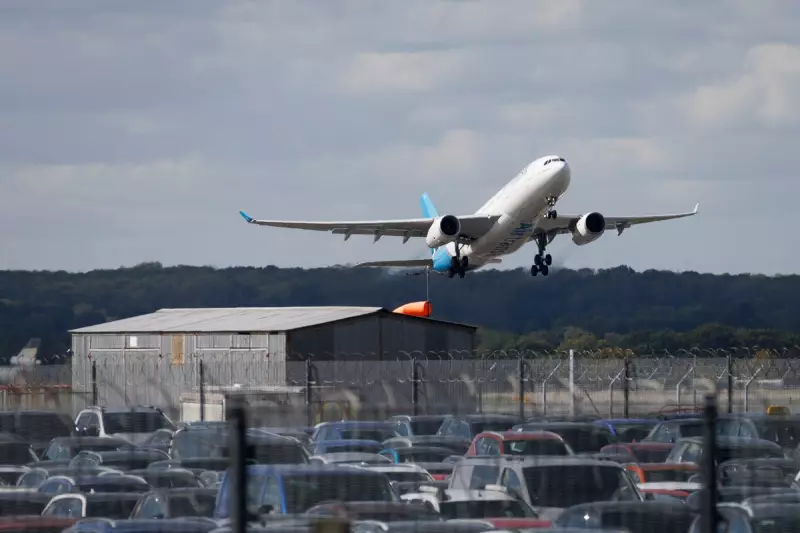
Travellers across the UK may need to prepare for higher airfares as new government legislation pushes for greener skies. The Sustainable Aviation Fuel Bill, currently progressing through Parliament, mandates that airlines increasingly use eco-friendly fuel alternatives – but this environmental progress comes with a financial cost for passengers.
What the New Legislation Means for Your Wallet
The bill requires that 10% of jet fuel used by airlines must come from sustainable sources by 2030, with this percentage set to increase over time. While this represents a significant step toward reducing aviation's carbon footprint, sustainable aviation fuel (SAF) currently costs two to three times more than conventional jet fuel.
The Price of Going Green
Industry experts warn that these additional costs will inevitably be passed on to consumers. The exact impact on ticket prices remains uncertain, but analysts suggest increases could range from modest to substantial depending on route distance and airline pricing strategies.
Transport Secretary Mark Harper defends the initiative, stating: "This transition is essential for meeting our net zero commitments. While there may be short-term cost implications, we're investing in UK SAF production to increase supply and ultimately reduce prices."
The Environmental Imperative
Aviation contributes significantly to global carbon emissions, and SAF represents one of the most promising solutions for reducing the industry's environmental impact. Made from sustainable sources like waste oils and agricultural residues, SAF can reduce lifecycle carbon emissions by up to 70% compared to conventional jet fuel.
Industry Response and Future Outlook
While airlines acknowledge the environmental benefits, many express concerns about the timeline and cost implications. Some carriers are calling for more government support to ease the transition and prevent pricing out budget-conscious travellers.
As the bill continues its parliamentary journey, both environmental advocates and travel industry representatives will be watching closely. The balance between ecological responsibility and affordable air travel has never been more critical for UK travellers and the aviation sector alike.





